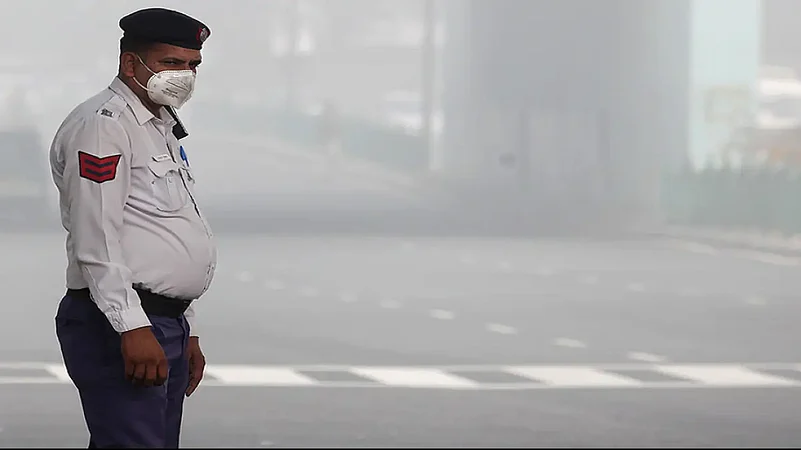Delhi Environment Minister Gopal Rai said a joint winter action plan will be formulated to combat rising air pollution in the national capital.
He said consultations will be held with all 33 relevant departments in a meeting scheduled for September 5 in order to prepare the winter action plan. The decision to this effect was taken at a high-level meeting chaired by Rai, a statement said.
Rai stressed that the action plan, centred on 14 critical focus areas, will address key issues such as vehicular emissions, dust pollution, stubble burning and garbage disposal.
He highlighted that the winter action plan aims to tackle pollution through a multi-faceted approach, including upgrading technology for better monitoring and communication via the Green War Room and Green Delhi application. Efforts will also focus on controlling industrial emissions, increasing green spaces, and enhancing public awareness and participation, he added.
Besides, the plan addresses the urgent need to control pollution in hotspot areas and manage firecracker usage, which significantly impacts air quality during festivals, he said.
By working in tandem with the central government and neighbouring states, the Delhi government aims to create a robust framework for reducing pollution and improving air quality throughout the winter months, the statement said.
Rai said collaborative effort will involve senior officials from agencies including the Municipal Corporation of Delhi (MCD), New Delhi Municipal Corporation (NDMC), Cantonment Board, Delhi Development Authority (DDA), Central Public Works Department (CPWD), Public Works Department (PWD), Traffic Police, Transport Department, Environment Department, Delhi Pollution Control Board Commission (DPCC) and Development Department.
According to the statement, Rai announced that the action plan will address critical issues such as dust pollution, vehicular emissions, stubble burning, open garbage burning, industrial pollution, upgrading the Green War Room and Green app, identifying and addressing pollution hotspots, conducting real-time source apportionment studies, increasing green areas and tree plantations, developing an e-waste eco park, promoting public participation, regulating firecrackers, engaging in dialogue with the central government and neighbouring states and implementing the Graded Response Action Plan (GRAP).
Rai assured that the implementation of GRAP will be a priority, ensuring that all measures are effectively enforced to achieve the desired outcomes in air quality management.




















.jpg?w=200&auto=format%2Ccompress&fit=max)




